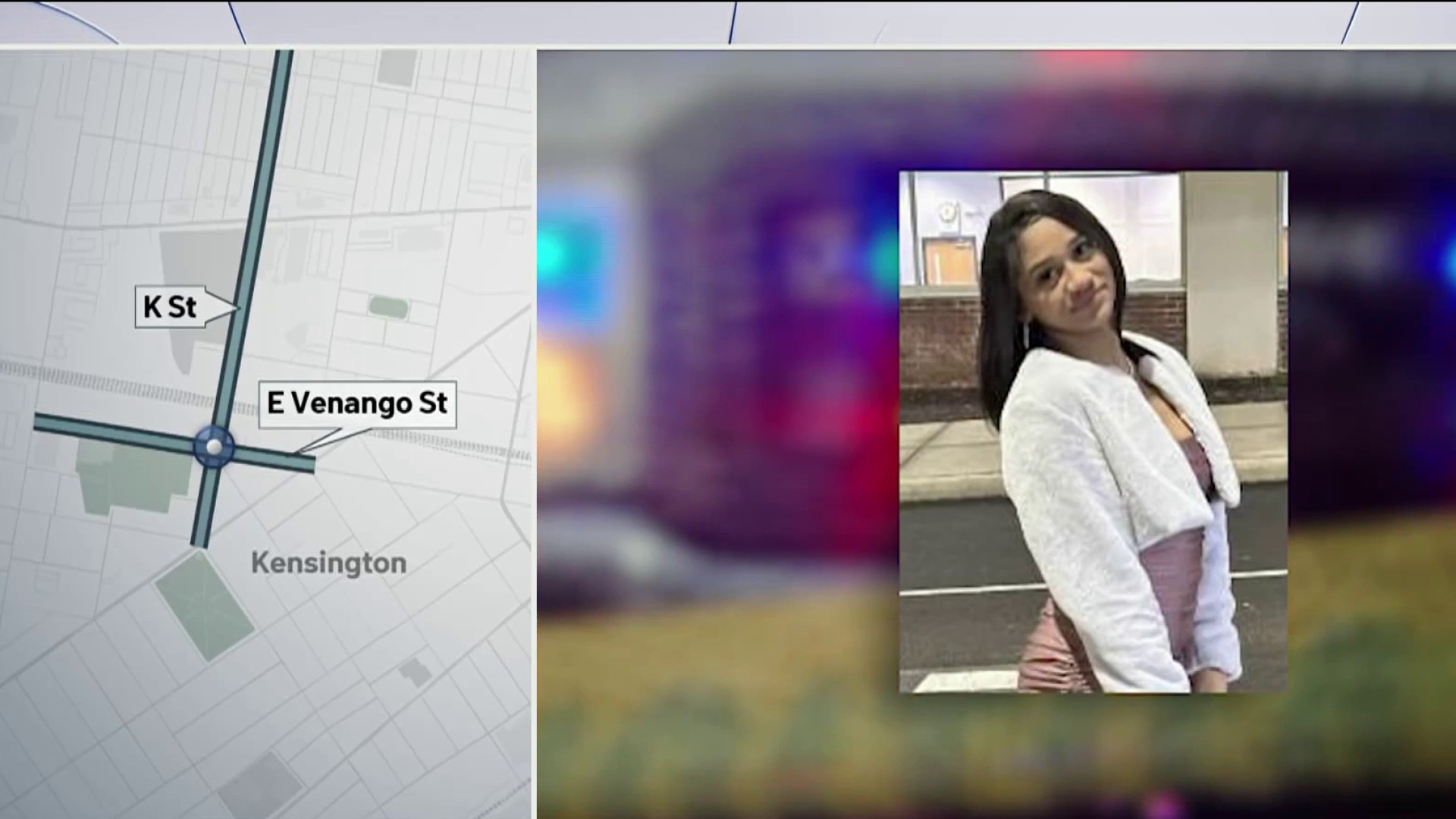Federal agents raided several urgent care facilities across the Philadelphia region Monday as part of a pill mill investigation, law enforcement sources tell NBC10.
Agents hit at least five Advanced Urgent Care centers as part of the joint operation between the DEA, FBI, and U.S. Marshals, the sources confirmed.
At the chain’s Willow Grove location at 126 Easton Road, dozens of agents could be seen milling around the facility. A center along the 9400 block of Roosevelt Boulevard in Northeast Philadelphia was also raided.
People who live and work around the Willow Grove center said they noticed odd behavior at the facility for some time. They reported long lines of people in the early morning hours.
Larry Schnitzer owns Sign-a-Rama, a sign making shop that's across the way from the urgent care.
"I've seen people lining up in the morning 'til late afternoon, just people there waiting to go in," he said. "You don't have to be smart. [It's] too many people for an urgent care."
The seven-location chain and its owner, Dr. Mehdi Nikparvar, have been under investigation for some time. Advanced Urgent Care's Willow Grove and Scranton facilities were raided in 2015.
Local
Breaking news and the stories that matter to your neighborhood.
A law enforcement source with knowledge of the investigation said Nikparvar is currently in federal custody. It’s unclear if he has retained legal counsel. The Advanced Urgent Care website is suspended and calls to the facilities were met with busy tones.
Spokespeople with the DEA and FBI declined comment on the operation.
Pill mills, where doctors or pharmacists prescribe painkillers for non-medical purposes, have long been cited as major contributors to the opioid epidemic. In 2015 alone, more than 33,000 Americans died from opioid overdose, according to federal government data.
Prescription painkillers like Percocet, Vicodin and OxyContin are highly-addictive drugs that provide a vehicle to heroin and fentanyl use. Despite the crisis, doctors continued to prescribe high numbers of the painkillers with more than 214 million opioid prescriptions dispensed in 2016, the CDC says.
Pennsylvania has been hit particularly hard by the epidemic. More than three quarters of the state's 67 counties had drug overdose death rates in 2016 that were higher than the national average, a DEA report found.



